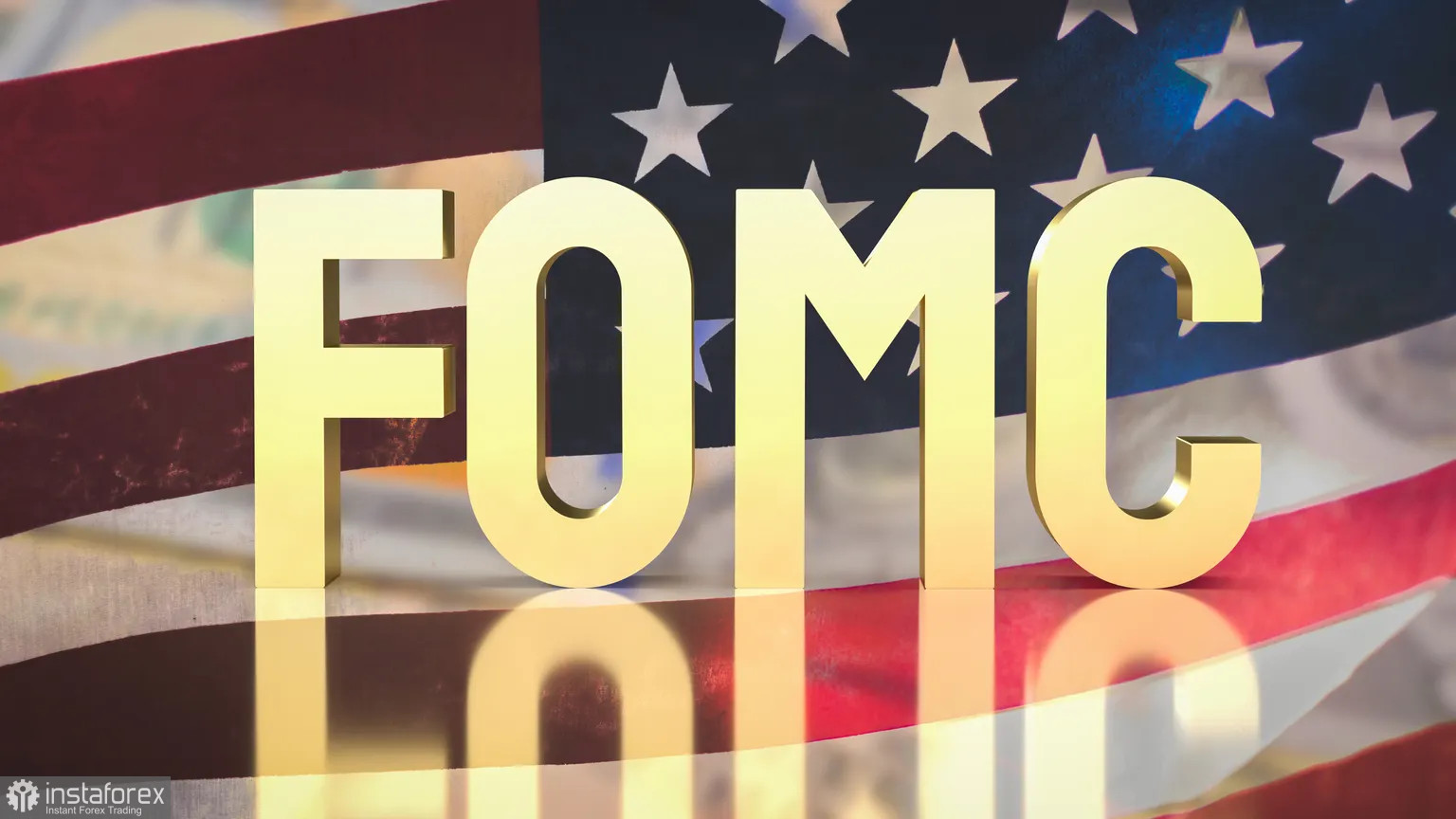
As 2023 smoothly approaches its conclusion, it's time to look at 2024 and make a brief preliminary forecast. I may disappoint someone, but the forecast will be in the style of the Federal Reserve (FRS). It's worth remembering that the FRS, for the most part, prints figures that are not actual forecasts. For example, the FOMC expects a slowdown in inflation and an increase in unemployment, and we see just two figures that have very little relevance to the future. Forecasts, in general, have proven futile over the last 3-4 years, showing us that the world is changing so rapidly that the prediction process becomes meaningless. No one could predict the "coronavirus" pandemic, the collapse of oil prices to zero, and the military conflict between Ukraine and Russia involving half the world indirectly.
Therefore, I immediately emphasize that not only should my forecasts be cautiously approached, but so should any others. The future is unknown. The American economy is likely to face a mild recession next year. Unemployment levels will rise, inflation will continue to decline, and interest rates will begin to decrease around the second half of the year. What do these changes portend for the American currency? Since the economic situation is deteriorating while economic conditions improve, it can be assumed that nothing will change for the dollar. Also, the ECB will start reducing rates, the Bank of England will start reducing rates, and the economies of the UK and the EU are already on the brink of recession.
So, expecting a decline from the American economy is possible, but it is not worth thinking that the European and British economies will continue to hover around zero. Rates in the UK and the EU will also decrease. Already, many experts believe that all three central banks will conduct three or four rounds of monetary policy easing next year. If this assumption is correct, all three currencies will remain in the same conditions.
However, this does not mean that both pairs will remain in the same range throughout the year. Already, we see that everything depends not on the news background or wave analysis but on market sentiment. If, for some reason, the market considers it necessary to increase demand for the euro and the pound, these currencies will continue to rise, even if their central banks cut rates to zero immediately. I and my readers need to continue balancing between wave analysis, news background, and reading market sentiment.
Based on the analysis conducted, the construction of a bearish wave set continues. The targets around the 1.0463 mark have been ideally worked out, and the unsuccessful attempt to break this mark indicates a transition to the construction of a corrective wave. Wave 2 or b has taken a completed form, so I expect the construction of an impulsive descending Wave 3 or c with a significant decrease in the pair soon. I still anticipate a decline with targets below the low of Wave 1 or a. An unsuccessful attempt to break the 38.2% level may indicate the market's readiness for sales.
The wave pattern of the GBP/USD instrument suggests a decline within the descending Wave 3 or c. I am considering selling the pair with targets below the 1.2039 mark because Wave 2 or b must eventually be completed and can be done at any moment. The longer it turns out, the more significant the pound's decline will be. The peak of the presumed Wave e in 2 or b can be used for sales, and an order limiting potential transaction losses can be placed above it.
 English
English 
 Русский
Русский Bahasa Indonesia
Bahasa Indonesia Bahasa Malay
Bahasa Malay ไทย
ไทย Español
Español Deutsch
Deutsch Български
Български Français
Français Tiếng Việt
Tiếng Việt 中文
中文 বাংলা
বাংলা हिन्दी
हिन्दी Čeština
Čeština Українська
Українська Română
Română

